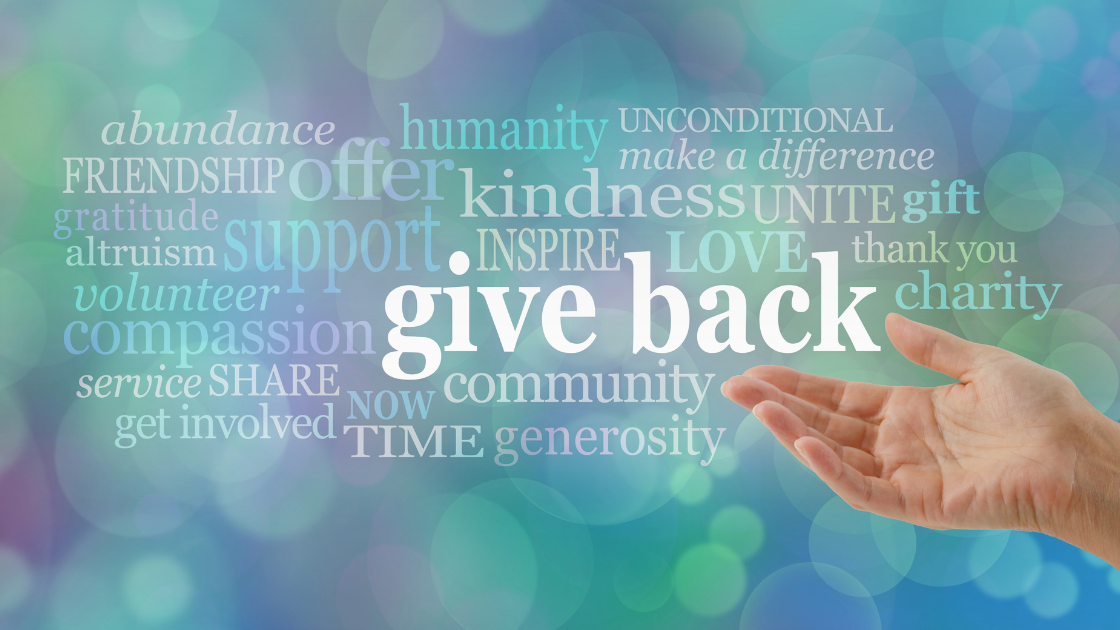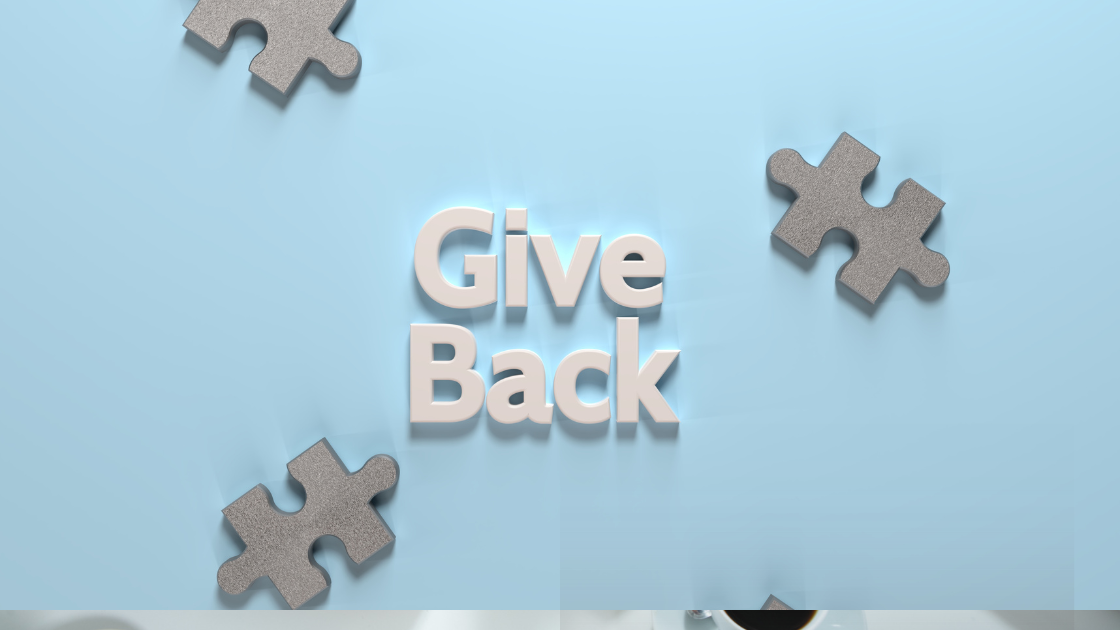Compassion in Action: The Role of a Conscious Philanthropist in Today’s World – Insights from Zeeshan and Karina Hayat

In a time of global uncertainty, increasing inequality, and social unrest, the need for purposeful giving is greater than ever. While traditional charity has played an important role in responding to immediate needs, today’s challenges demand more than generosity. They require a deeper, more mindful approach—one rooted in awareness, empathy, and long-term thinking. This is where conscious philanthropy comes in.
Being a conscious philanthropist means stepping beyond the act of giving and engaging with the why, how, and who of philanthropy. It’s not just about making a difference—it’s about making a meaningful, sustainable, and ethical difference.
What Is Conscious Philanthropy?
Conscious philanthropy is an approach to giving that is intentional, thoughtful, and impact-driven. It combines compassion with a deep awareness of social systems, power dynamics, and long-term needs. Conscious philanthropists ask themselves:
- Why am I giving?
- Who benefits from this gift—and how?
- Is my giving solving problems or unintentionally creating new ones?
- How can I contribute in a way that empowers rather than imposes?
Rather than focusing solely on short-term relief, conscious philanthropy seeks to address root causes, build relationships, and invest in long-lasting change.
Why It Matters Now More Than Ever
- The World’s Challenges Are Deeply Interconnected
Issues like poverty, climate change, mental health, education inequality, and food insecurity are not isolated—they’re part of a complex web. Conscious philanthropists recognize this and aim to support solutions that consider the full picture, rather than applying temporary fixes.
- Good Intentions Are Not Enough
While compassion is a powerful motivator, actions must be grounded in awareness. Traditional charity, if not thoughtfully applied, can unintentionally reinforce dependency or overlook the real needs of a community. Conscious giving starts with listening and learning—ensuring that help is both respectful and effective.
- The Focus Is Shifting from Aid to Empowerment
Modern philanthropists are rethinking their role—not as saviors, but as supporters. Conscious philanthropy empowers communities to lead their own transformation. It supports local leadership, fosters independence, and prioritizes dignity.
- Philanthropy Is Not Just Financial
Being a conscious giver doesn’t require wealth. It’s about contributing time, skills, connections, advocacy, and energy. From mentoring youth to volunteering in underserved areas, conscious giving is about showing up with intention and care.
Core Qualities of a Conscious Philanthropist
- Empathetic Listening
Conscious givers begin by listening deeply. They prioritize the voices of those closest to the issue and avoid assuming they already know the solution. They support what is truly needed—not what feels good to give.
- Awareness of Privilege and Power
Understanding one’s position in the social and economic landscape is key. Conscious philanthropists recognize the imbalance of power in traditional giving and actively work to shift control and decision-making back to those directly impacted.
- Long-Term Vision
Rather than focusing on short-term fixes, this approach is guided by long-term goals. The aim is to address underlying issues and build capacity for self-sufficiency over time.
- Willingness to Fund What Others Avoid
Conscious givers often support causes that may be underfunded, controversial, or overlooked. They have the courage to fund bold ideas, grassroots efforts, and justice-centered movements, even if they’re not considered “safe” or popular.
- Commitment Beyond Donations
The journey doesn’t end with a one-time gift. Conscious philanthropists stay involved, track impact, build relationships, and adapt their approach based on what they learn along the way.
How to Practice Conscious Philanthropy
You don’t need a foundation or a large bank account to be a conscious philanthropist. Here’s how anyone can begin:
- Define your purpose: Understand what matters to you most and align your giving with your values.
- Do your research: Learn about the issues you care about and support organizations or efforts led by those with lived experience.
- Support local voices: Back initiatives that are rooted in the communities they serve. Trust those who understand the culture, history, and specific challenges of their environment.
- Give consistently: Even small, regular contributions of time or money can create lasting impact when done mindfully.
- Stay involved: Follow the progress of the causes you support, ask for updates, and be open to shifting your approach as the needs evolve.
The Ripple Effect of Conscious Giving
When giving is rooted in awareness and responsibility, it creates ripples far beyond the original act. It restores dignity, builds trust, and promotes equity. Conscious philanthropy inspires others to think differently—not just about giving, but about how we build a more compassionate world.
It teaches that impact is not just measured in numbers, but in relationships built, systems changed, and hope renewed. It reminds us that the most meaningful change doesn’t come from acting for others, but with them.
Final Thoughts: Turning Compassion into Purposeful Action
In today’s fast-paced world, it’s easy to be overwhelmed by the scale of problems. But conscious philanthropy offers a grounded, powerful path forward—one that replaces guilt with empowerment, and charity with collaboration.
When giving is done with intention, humility, and awareness, it becomes more than a transaction. It becomes a bridge between empathy and action.
About 100 Meals a Week












